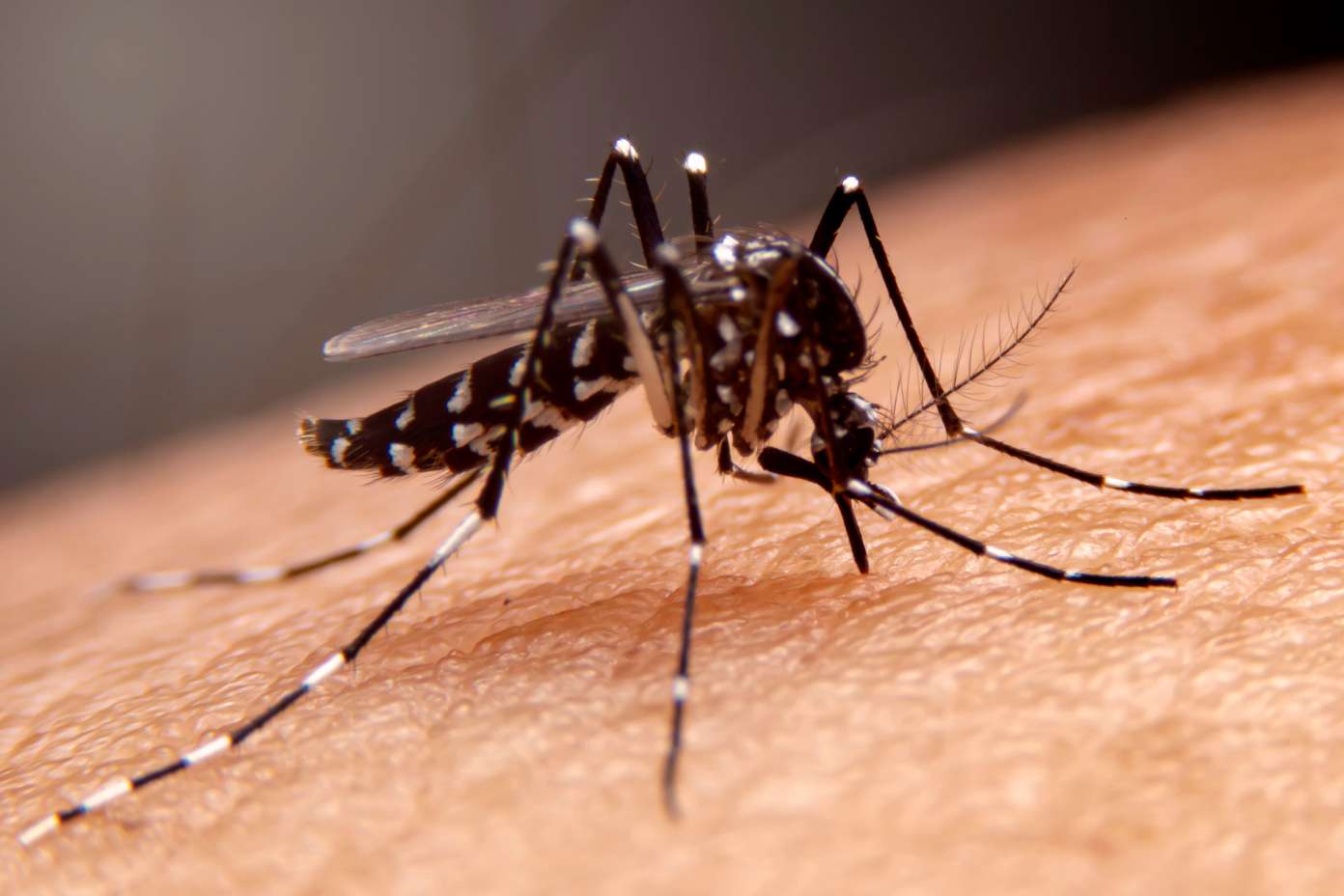By Daphne Ewing-Chow
Copyright caymancompass

The Cayman Islands remains free of local outbreaks of mosquito-borne diseases such as dengue, Zika and chikungunya, even as cases climb across the Americas and beyond.
The Pan American Health Organization recently warned of simultaneous circulation of all three viruses in the region, raising the risk of outbreaks.
Globally, more than 270,000 chikungunya cases have been reported this year, while the US Centers for Disease Control and Prevention reported over 13 million dengue cases across the Americas in 2024, with transmission still high in 2025.
Chikungunya outbreaks have also been reported in Asia and Africa, including Bangladesh, Kenya, Madagascar, Somalia and Sri Lanka, with France and Italy recording recent upticks. China is experiencing its largest-ever documented outbreak of chikungunya, with thousands of cases reported in the southern province of Guangdong since June 2025.
Closer to home, Florida’s Department of Health confirmed both travel-related and locally transmitted cases of mosquito-borne diseases.
The local context
Despite these global outbreaks, Chief Medical Officer Dr. Nick Gent said that there is currently no major need for concern in Cayman.
Carlos Peçanha, senior research officer at the Mosquito Research & Control Unit, confirmed that the Cayman Islands has had no local dengue or other mosquito-borne disease outbreaks this year, while last year’s cases were all imported. An imported disease is an infection that was acquired while travelling in a country where it regularly occurs.
“The vector needs the disease to be present to spread the disease,” said Peçanha. “That’s why Cayman hasn’t had any outbreaks this year. Last year we had a terrible year for dengue in all the Americas. We had problems in Cuba, Jamaica, Honduras, Mexico and we had 90 cases of dengue in Cayman, all of them imported.”
Gent stressed that the country has strong controls in place for mosquito-borne diseases, noting that Cayman’s molecular lab has full testing capacity for viruses transmitted by mosquitos, such as dengue, chikungunya, Zika and others.
“We’ve got good detection ability at the molecular lab; we have a whole panel that we do for what we call arboviral diseases, diseases that can be passed by biting insects, particularly the mosquitoes,” he said. “So we investigate every single case, and we always check for not just chikungunya, but [also] dengue [or] Zika … then we do targeted interventions around people’s homes if we have discovered any of those.”
Still, the chief medical officer urged residents who feel unwell after travel to see a doctor immediately and share their travel history. “If you’re ill and have recently been abroad – within the last four-to-six weeks – it’s important to tell your doctor where you’ve been.”
Mosquito numbers on the rise
While the health risk remains low, mosquito numbers are up significantly this year. According to the Mosquito Research and Control Unit, trap counts averaged 13.9 mosquitoes per night in August 2025, compared to 5.8 in 2024.
Cayman is home to between 30 and 40 mosquito species, with six regarded as the main pests.
Among the most aggressive is the black salt marsh mosquito or Aedes taeniorhynchus, notorious for its bites at dusk and dawn.
“This particular species can reproduce in millions,” said MRCU Ground Operations Manager Leonardo Rodriguez.
According to the unit, these more vicious mosquitos emerge around 10 days after a large rainfall event.
While these do not transmit human diseases, they can pass on vectors harmful to pets, and pet owners should consult with their veterinarians about preventive treatments.
The MRCU uses larvicide operations, fogging and aerial spraying to keep populations in check.
Unlike salt marsh mosquitoes, the Aedes aegypti mosquito – the main vector of dengue and Zika – tends to breed in standing water around homes. Officials therefore continue to urge residents to walk around their properties weekly and empty and scrub any containers that can hold water. Residents should also cover water storage containers and keep gutters clear.
Natural protection at home
From a human-health perspective, chikungunya is currently the only mosquito-borne illness with an US FDA-approved vaccine. Officials advocate for heightened vigilance and proactive measures as a primary means of protection at home.
Peçanha said that households can make use of natural repellents such as citronella grass, lemongrass, basil, lavender and marigold that can help deter the Aedes aegypti.
“They’re natural repellents,” he said of the plants. “You can buy them from the Department of Agriculture and place them around your home or on balconies. They improve the environment, though they don’t control mosquito populations directly.”
It is important to note that while some plants repel mosquitoes, others that trap water could create breeding sites.
The Mosquito Research & Control Unit also uses Bacillus thuringiensis israelensis, a bacteria that kills mosquito larvae without harming other organisms. Residents may also reduce mosquito attraction by switching to yellow outdoor lights instead of white.
Residents who notice unusual mosquito activity are encouraged to contact the MRCU at mrcu@gov.ky, providing the location and time of day to help target control operations.



